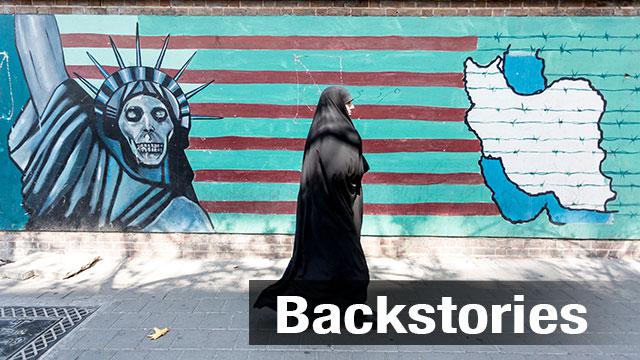Fewer tourists at World Heritage site
The ancient city of Persepolis is one of Iran's 23 UNESCO-designated World Heritage sites. It attracts thousands of tourists, eager to see remains from the Persian Empire.
But when I went last month, I only saw a few foreign tourists. This is despite autumn typically being a busy time of year. People from the area say there have been about half the number of foreign visitors as last year.
Tourists from Switzerland told me their friends warned them against going to Iran, saying it would be too dangerous. They said they suspected this belief was a result of the US sanctions.
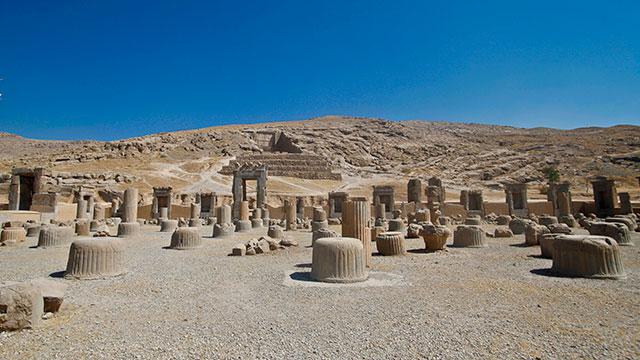
The latest measures do not restrict entry to Iran. But the damage they are causing the Iranian economy is clearly deterring foreign travelers from going to the country. Many of Iran's most popular tourist destinations have experienced a decline in visitors.
Iranian hotels disappear from booking sites
A hotel operator I met says his business has also felt the effects of the sanctions.
His hotel is in Shiraz, a major city in the country's south, close to Persepolis. He says it was renovated from a traditional Iranian home and was popular among foreign tourists who wanted to experience a local setting. But the number of customers has dropped 40 percent from a year earlier, and even its new quarters--added earlier this year--remain vacant.
The problem comes from an unexpected source. Many travelers today book their hotels online. The operator says about 80 percent of his foreign customers use booking sites. But the hotel is no longer listed. And when I tried searching for hotels anywhere in Iran, there were no results. This is because European sites took the listings down following the start of the US sanctions.
"I lost everything in a single night," the operator said. "Today's tourism industry is like that of the time during the Iran-Iraq War in the 80s, when Iran was isolated from the international community."
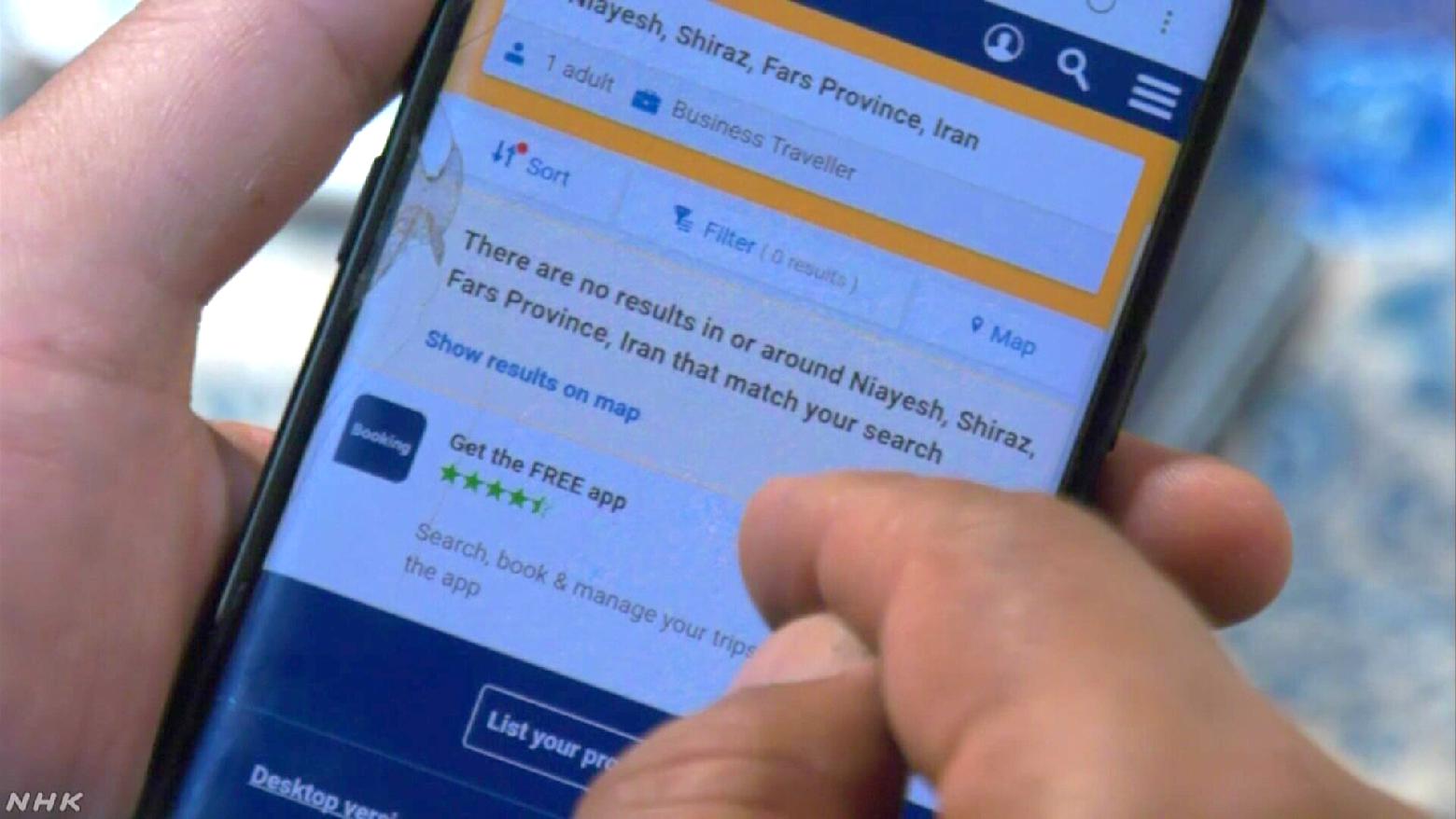
What is Trump's goal?
The landmark nuclear deal Iran signed with 6 countries, including the United States, in 2015 was welcomed by the international community. But Trump has been critical of it ever since his emergence as a presidential candidate. One of his central campaign promises was to withdraw from the pact. He did so this May, and Washington soon after announced it was re-imposing sanctions.
This year, US Secretary of State Mike Pompeo presented Iran with 12 demands that had to be met if sanctions were to be avoided. They included the halting of uranium enrichment and the withdrawal of forces from Syria. The conditions were much more severe than those agreed upon in the 2015 deal. Experts said Iran would never accept.
Keio University Professor Koichiro Tanaka says in the short-term, the Trump administration will wait for Iran to negotiate. But in the mid-to-long-term, Washington hopes the sanctions will undermine the stability of the Iranian regime. Tanaka says the ultimate goal is the collapse of the Iranian political system.
Businesses face a choice: US or Iran
I witnessed the effects of the sanctions at an international trade fair in Tehran. Usually businesses at these events are willing to talk to media. But this time they declined our requests, with some going as far as refusing to let us take pictures of their booths. They were afraid of angering the US.
I spoke to an official at an Australian company just before the announcement of the sanctions. "Our company is only conducting market research in Iran, but we are involved in a big project in the US," he said. "So the question is whether we side with the US or Iran. But of course, we have no option but to take sides with the Americans."
For major companies, the US represents the biggest market. Furthermore, the dollar makes up 50 percent of the currency used in global trade. This gives the US significant leverage in economic spats with other countries.

"Absolutely no way they will succeed."
Will Iran come to the negotiating table to break out of this situation? I spoke to Foreign Minister Mohammad Javad Zarif in Tehran.
"We held a series of talks with the US over two-and-a-half years and carefully discussed the nuclear deal," he said. "We then concluded the deal. We will not simply set it aside and start a fresh round of negotiations. If they are trying to force us to change our policy through the sanctions, there's absolutely no way they will succeed."
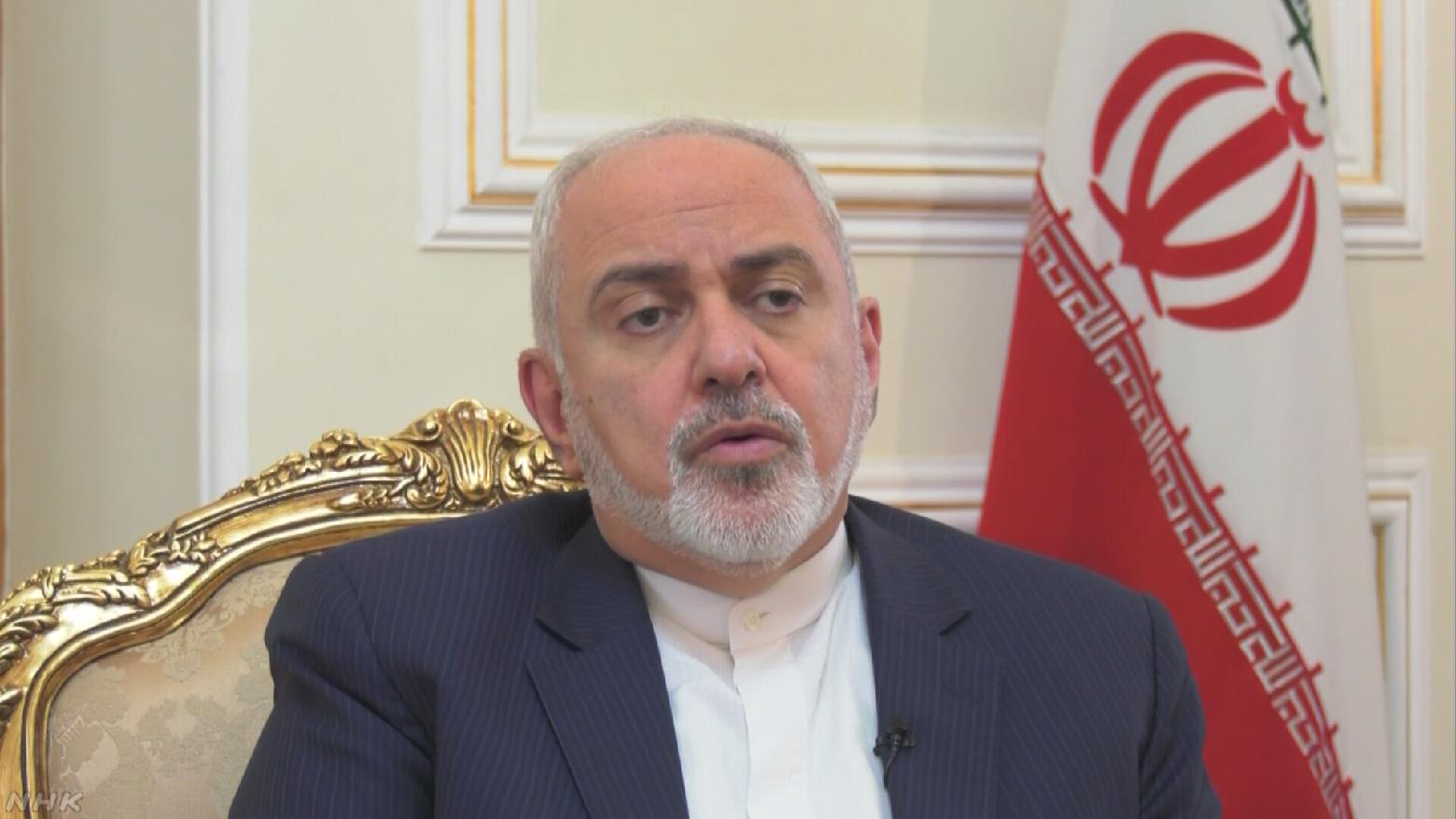
#SanctionTargetsMe
The international community has come out en masse to criticize the sanctions. European Union countries, Russia, and China have issued statements saying they will maintain the nuclear deal and continue trading with Iran. But no matter how much these governments support the deal, businesses are staying away from Iran.
Several days after the sanctions kicked in, many Iranians took to Twitter and posted messages under the hashtag "SanctionTargetsMe".
Trump has reiterated that the measures target the Iranian government and system, and that the US stands with Iranians.
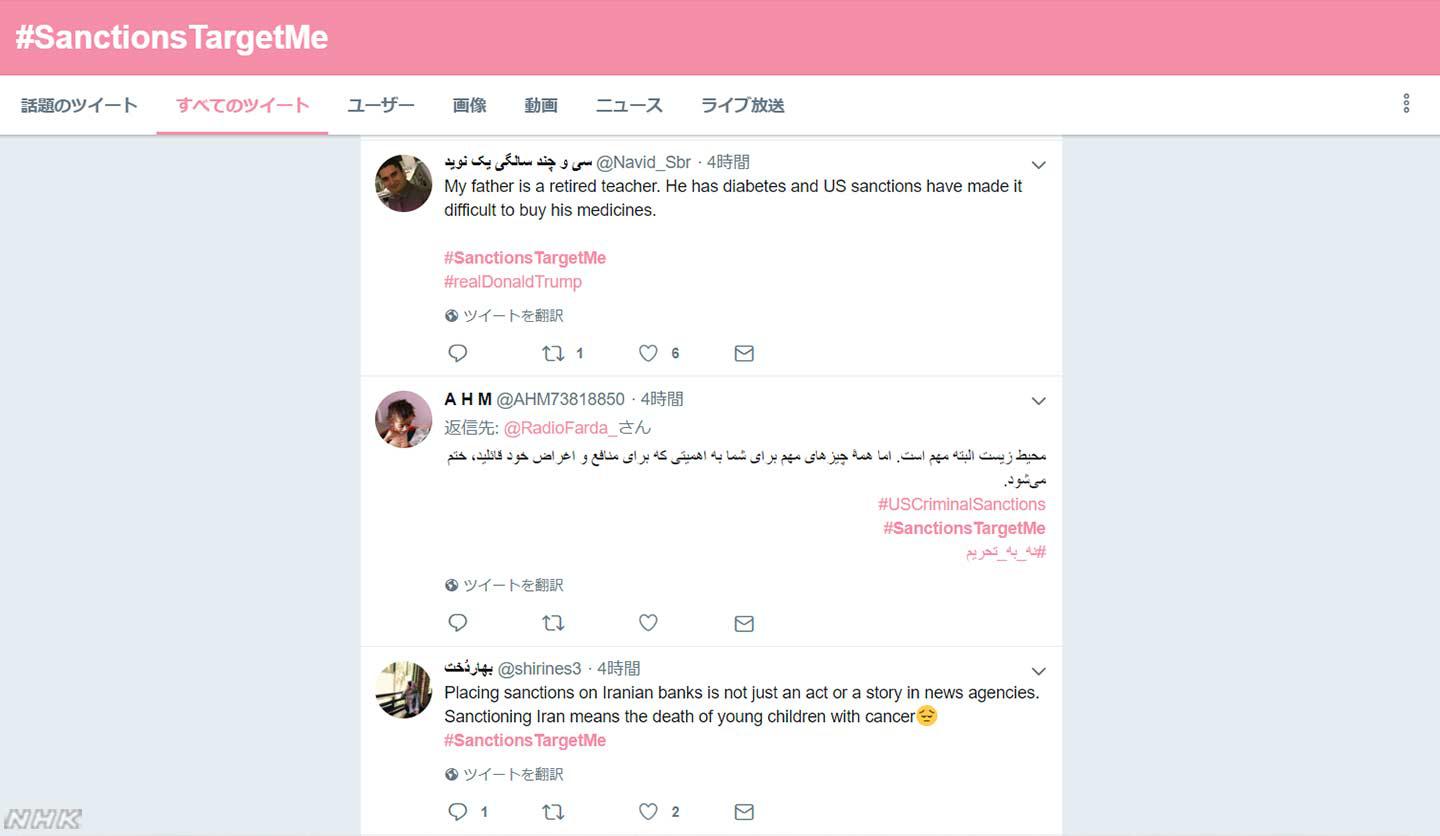
I've lived in Tehran for over a year. To me it's obvious that people's lives are deteriorating. Everyday goods like medicine are becoming hard to come by in some areas. Food prices have risen 50 percent over the past few months.
I'm not convinced by the US reasoning for imposing the sanctions. If this situation continues, the suffering of Iranians will only worsen.
